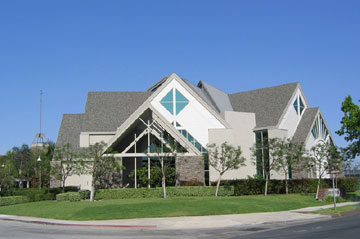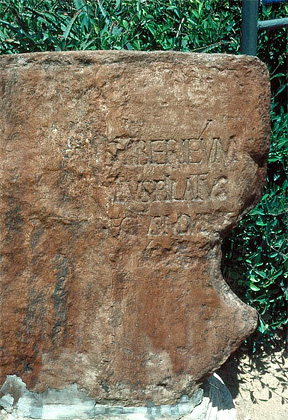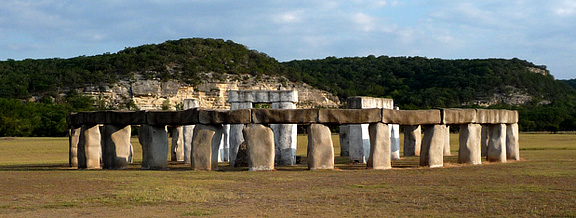Today I want to finish my series on the National Day of Prayer. In yesterday’s post, I completed an evaluation of Jon Meacham’s use of Jesus to bolster his case for the separation of church and state. In today’s post I want to suggest two other passages from the New Testament Gospels that could shed some light on what Jesus might think about the National Day of Prayer. This is in no way an exhaustive treatment of relevant texts, but it should give you something to think about.
Praying in Secret (Matthew 6:5-6)
In the Sermon on the Mount we find this quotation of Jesus:
“Beware of practicing your piety before others in order to be seen by them; for then you have no reward from your Father in heaven. . . . And whenever you pray, do not be like the hypocrites; for they love to stand and pray in the synagogues and at the street corners, so that they may be seen by others. Truly I tell you, they have received their reward. But whenever you pray, go into your room and shut the door and pray to your Father who is in secret; and your Father who sees in secret will reward you.” (Matt 6:1, 5-6)
Most literally, this passage instructs the followers of Jesus to pray, not in public, but in private. This would seem to rule out the kinds of public prayer occasions that are part and parcel of the National Day of Prayer. But the deeper issues seems to be a question of intention. The hypocrites are praying in public “so that they may be seen by others” (hopos phanosin tois anthropois; 6:5). Thus they are not really praying so much as making a show. By implication, if we are going to be involved in any sort of public prayer gathering, we should be sure that our prayers are truly directed at God.
During my years as a pastor, I participated in a few civic prayer meetings. My impression of these was not altogether positive because, it seemed to me, many of the people offering prayer were doing precisely what Jesus counsels against. Their “prayers” were more like thinly veiled speeches for the people who were present. God was addressed, in theory, but did not seem to be the real audience. Those of us who seek to follow Jesus should scrutinize our motivations if and when we pray in public gatherings (including church services).
Pray for Those Who Persecute You (Matt 5:43-45)
Also in the Sermon on the Mount we read the following:
“You have heard that it was said, ‘You shall love your neighbor and hate your enemy.’ But I say to you, Love your enemies and pray for those who persecute you, so that you may be children of your Father in heaven; for he makes his sun rise on the evil and on the good, and sends rain on the righteous and on the unrighteous.” (Matt 5:43-45)
This passage doesn’t speak to the issue of whether or not we should have a National Day of Prayer, but it does suggest what some of the content of such a prayer meeting should be. It should include prayer for our enemies. This prayer is an expression of love, not a request for God’s damnation to fall on our opponents.
 This sounds good on paper, but is rather awkward and uncomfortable in practice. For example, a couple of days after the horrific tragedy of September 11, 2001, I led a prayer meeting at Irvine Presbyterian Church. In this meeting I took Jesus’ counsel seriously, praying for those who sponsored the terrorist attacks. It felt strange to pray for such people when what I wanted most of all was for God to smite them. Nevertheless, I prayed that they would come to see the truth, that they would be healed of their hatred, that the Lord would draw them to himself. I asked that they might experience the love of Christ. (Photo: The sanctuary of Irvine Presbyterian Church.)
This sounds good on paper, but is rather awkward and uncomfortable in practice. For example, a couple of days after the horrific tragedy of September 11, 2001, I led a prayer meeting at Irvine Presbyterian Church. In this meeting I took Jesus’ counsel seriously, praying for those who sponsored the terrorist attacks. It felt strange to pray for such people when what I wanted most of all was for God to smite them. Nevertheless, I prayed that they would come to see the truth, that they would be healed of their hatred, that the Lord would draw them to himself. I asked that they might experience the love of Christ. (Photo: The sanctuary of Irvine Presbyterian Church.)
If Christians are going to participate in the National Day of Prayer and similar events, the content of our prayers should be shaped by the teaching and spirit of Jesus, even if this goes against the tide of patriotic passion. Though we are citizens of the United States, we are, first and foremost, citizens of God’s kingdom.

